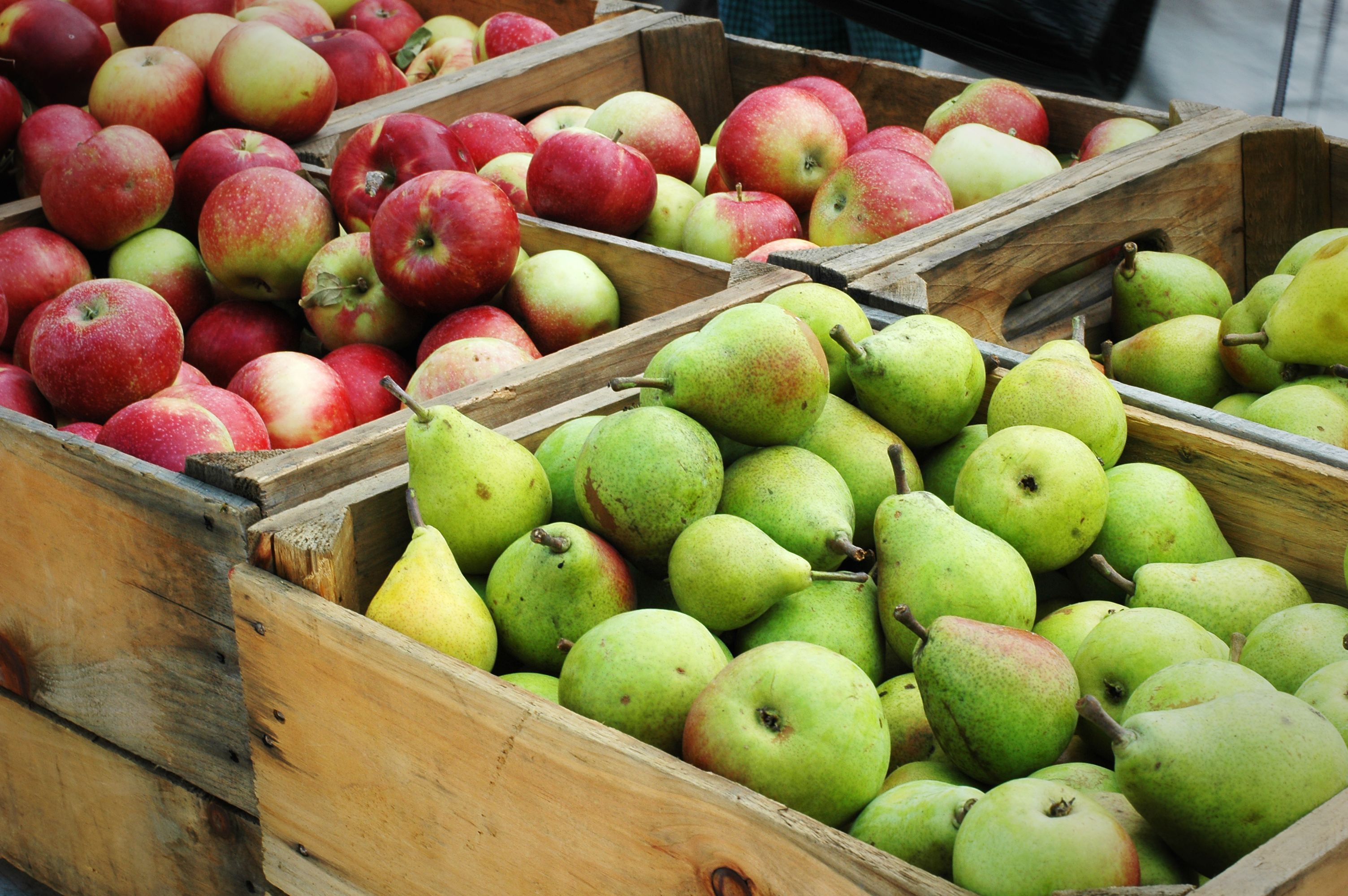Apples vs. Pears: Nutritional Comparison by Dietitians
Introduction to Apples and Pears
When it comes to fruits, apples and pears are often at the top of the list for both taste and nutrition. These popular fruits are not only delicious but also packed with essential nutrients. But have you ever wondered which one is healthier? In this blog post, we will delve into the nutritional profiles of apples and pears, as analyzed by dietitians, to help you make an informed choice.

Caloric Content and Macronutrients
Both apples and pears are low-calorie fruits, making them excellent choices for those watching their calorie intake. A medium apple contains about 95 calories, while a medium pear has approximately 101 calories. The difference is minimal, so either fruit can fit into a calorie-conscious diet.
In terms of macronutrients, both fruits are primarily composed of carbohydrates, which include natural sugars and dietary fiber. Apples contain around 25 grams of carbohydrates, including 4 grams of fiber, while pears have about 27 grams of carbohydrates with 6 grams of fiber. This makes pears slightly richer in fiber, which is beneficial for digestive health.
Vitamins and Minerals
Apples and pears are rich in vitamins and minerals, contributing to their status as healthy snack options. Apples are known for their vitamin C content, providing about 14% of the daily recommended intake. Pears also contain vitamin C but in slightly lower amounts. Both fruits offer small amounts of vitamin K and potassium, which are essential for various bodily functions.

Antioxidant Properties
Both apples and pears boast antioxidant properties that help combat oxidative stress in the body. Apples are rich in quercetin, a type of flavonoid with anti-inflammatory effects. Pears contain similar antioxidants, such as flavonoids and polyphenols, which contribute to heart health and may reduce the risk of chronic diseases.
Health Benefits
Consuming apples and pears regularly can offer numerous health benefits. The high fiber content in both fruits aids in digestion and helps maintain a healthy weight by promoting a feeling of fullness. Additionally, the vitamins and antioxidants present in these fruits support a strong immune system.
Pears contain pectin, a type of soluble fiber that helps regulate cholesterol levels, thus benefiting heart health. Apples, with their combination of fiber and antioxidants, have been linked to improved cardiovascular health as well.

Conclusion: Which is Better?
Ultimately, both apples and pears offer unique nutritional benefits, making it difficult to declare one as superior. If you are looking for higher fiber content, pears might be slightly more advantageous. However, if vitamin C intake is a priority, apples could be more beneficial. Including both fruits in your diet can provide a variety of nutrients that contribute to overall health.
Whether you prefer the crispness of an apple or the juicy texture of a pear, incorporating these fruits into your daily diet can enhance your nutritional intake and promote better health. Enjoy them as snacks, in salads, or even as part of your favorite desserts to reap their full benefits.
